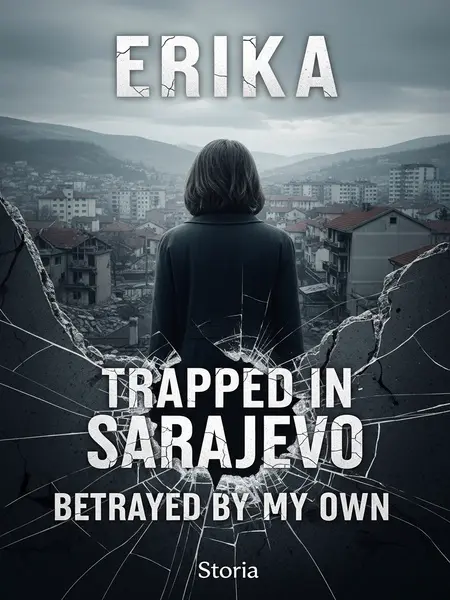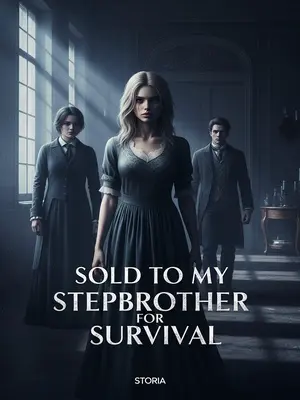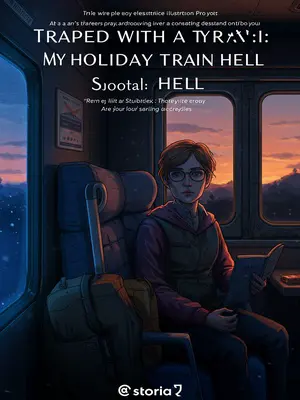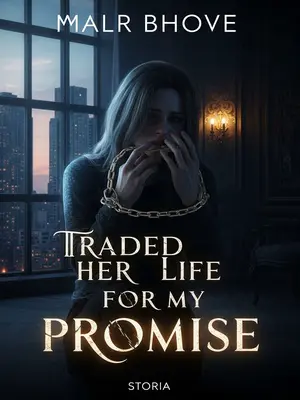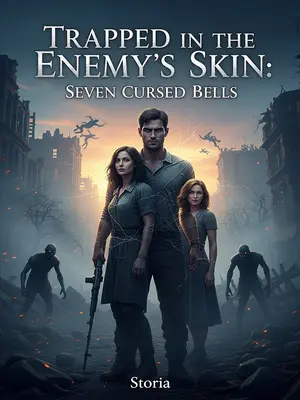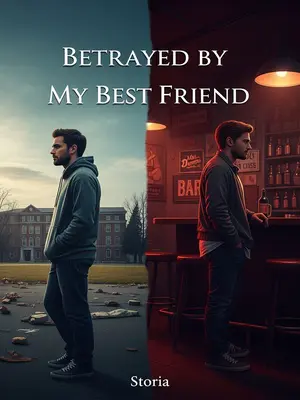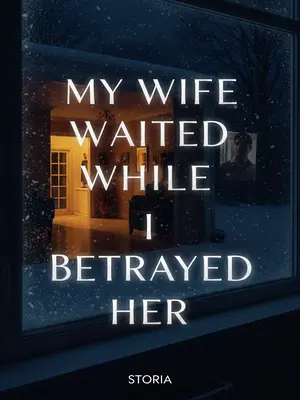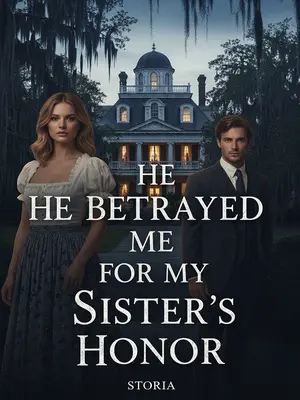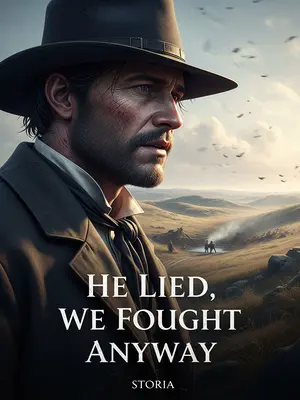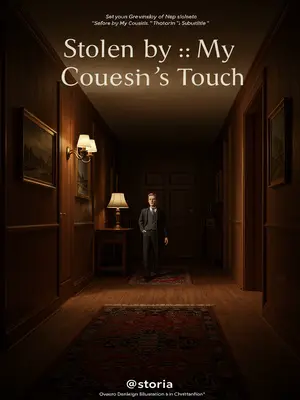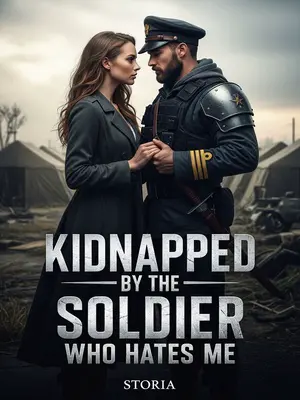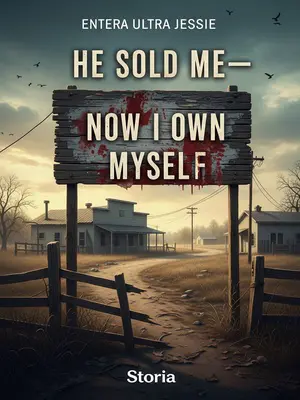Chapter 1: The City Falls
What’s it like when a city massacre unfolds just outside your window?
The city’s guts are ripped out.
It’s almost impossible to describe. Everything familiar—your favorite café, the bookstore on the corner—turns alien overnight. Men with guns walk the streets, faces hard and eyes empty. You hole up at home, thinking your four walls might keep evil at bay, but that’s a lie. Soldiers go door to door, clutching neighborhood lists—your family’s name on them—wiping out families one by one. You hear boots pounding up the stairs, your family’s name echoing in the hallway. You pray they’ll pass you by.
There’s no safety in silence or darkness. The soldiers don’t care if your lights are off. They have your address, your name. The heavy stomp of boots, the metallic jangle of keys—those sounds become your nightmares. Sometimes, the rattle of a doorknob is the last thing you ever hear.
Try to run, and you’ll find machine guns set up on the rooftops, snipers calling out names, picking off people one at a time.
The shortcuts you thought you knew become traps. Up above, snipers lie in wait, reading names as if they’re holding roll call at an execution. If you run, you’re a moving target in someone else’s game. Your city is now hunting you.
Wait for rescue? Even the peacekeepers aren’t safe. Blue helmets mean nothing here; the so-called cavalry is gunned down just like the rest. Hope dies with the first gunshot echoing down Main Street.
Try to outlast it? The siege drags on for five years, but your stock of ramen and canned beans runs out in two. What do you eat for the other three?
Your pantry becomes your universe. You count cans, ration crackers, pray for a miracle. Starvation isn’t poetic—it’s a slow, humiliating grind. Once-proud people trade scraps and eat what they never thought they would. When the food is gone, even the unthinkable can happen.
There’s a saying—civilization is only three meals away from anarchy. Sarajevo proved that when the meals run out, something worse takes their place. It’s the horror nobody talks about, but everyone knows.
This isn’t a story. It happened in Europe, at the end of the twentieth century—in Sarajevo, a city that had just hosted the Winter Olympics.
Americans saw the headlines flash across CNN, but most changed the channel before the segment was over. Sarajevo, with its Olympic banners still fluttering from lampposts, became a byword for human cruelty.
Five years of hell, and every night, the world watched from their living rooms—safe, silent, changing the channel when the bodies piled up.
April 5, 1992—the day before the massacre began.
The air outside reeked of gunpowder and something worse—burned plastic, maybe, or fear itself. Everyone sensed the storm coming, but no one could picture just how bad it would get.
Sarajevo was fighting for independence, trying to break free from Serbia’s grip.
People whispered in the streets about politics and the rumors of Serbian aggression. Most clung to their routines, hoping their city would be spared, that independence could come without blood.
Serbia’s answer was simple and brutal:
They labeled Sarajevo’s citizens as separatists, then locked the city down—army units surrounding it so tightly not even a drop of water could get through.
Roads and bridges were barricaded, checkpoints sprung up where kids used to play basketball. Helicopters buzzed overhead. Even the rivers were guarded. In hours, Sarajevo became a prison with the sky as its ceiling.
The Serbian army’s leader went on TV with a threat so monstrous, most people couldn’t believe it: If Sarajevo is still fighting for independence tomorrow, the whole city will be wiped out.
The ultimatum crackled from radios and TVs: fight and you all die. Some folks joked darkly—how do you count votes when everyone’s dead? But the laughter was thin. Even sarcasm couldn’t cut the fear.
That day, Erika—a college student—joined a hundred thousand others in the streets to protest.
Erika was young, idealistic, her dark hair tied back, backpack covered in peace stickers. She marched beside neighbors, teachers, bakers, bus drivers—people clinging to hope their voices might change something.
In hindsight, their innocence is heartbreaking. They carried banners and chanted for peace, not realizing the world was about to shatter around them. Their hope was real, even as the darkness gathered.
They tried to defend a fragile peace with nothing but hope.
You saw it in their faces—hopeful, desperate, determined. Like fireflies against a hurricane, they glowed for a moment, even as the storm rolled in.
Among them were Serbs, Muslims, and Croats. In that moment, there were no divisions—they sang the national anthem together, voices rising above the city’s broken skyline.
For a few minutes, Sarajevo’s differences melted away. The anthem echoed off concrete walls, old women in headscarves and young men in jeans singing side by side. It felt miraculous.
But outside, the Serbian army was already tightening the noose—blockade, martial law, city sealed off.
Military convoys rolled in, trucks thundering down empty streets. Martial law meant lockdown, no one in or out. Grocery stores emptied. People crowded ATMs, grabbing whatever cash they could.
Everyone inside knew what was coming—house-to-house searches, IDs checked, so-called rebels dragged out and executed in the street.
Nobody slept that night. Every knock at the door set hearts racing. Mothers tucked children in with forced smiles, hiding their terror.
To clear the way, the Serbian army had already staged practice massacres, calling it “population purification.”
Rumors flew about villages wiped off the map, families erased, and that chilling phrase—“population purification.” It sounded bureaucratic, but everyone knew what it meant.
Americans know these words, even if we pretend not to. We’ve heard them in textbooks and documentaries, always somewhere else, some other time. But now it was on the news, right here.
History was repeating itself—like a horror movie rebooted for a new era. The ghosts of the past just changed uniforms.
On talk radio, people called the besiegers by their new name, but the hate was the same old poison. It wasn’t politics. It was blood, borders, and power.
What they hated most was a city like Sarajevo—a patchwork of churches, mosques, and cafés, where neighbors of all backgrounds shared meals and holidays. That kind of unity was a threat to those who thrived on division.
Their leader, Karadzic, was a neurologist—a man who’d studied the brain, now masterminding terror. People worldwide struggled to fathom how science could be twisted into such cruelty.
But Karadzic was obsessed, convinced that only by killing all non-Serbs could Serbia reclaim its past. Each day, he invented new tricks and excuses for genocide.
His speeches oozed hatred, growing more unhinged with every broadcast. People who once respected his intellect now watched in horror as he used it for evil.
Most Sarajevans shook their heads. How could anyone believe such madness? But words become weapons. They learned that fast.
On the ground, neighbors didn’t care about ethnic lines. They shopped at the same markets, sent kids to the same schools. Sarajevo was home—period.
Religion had faded into the background. Churches and mosques stood, but faith was more family story than daily ritual. Ethnicity was just a box on an ID card.
That made the city dangerous to fanatics. Unity was the enemy.
It felt, for a moment, like history might bend toward something better. People chanted, hugged, promised never to let hate win.
The neo-Nazis decided not to wait for a fair fight. Disguised as protestors, they slipped into the crowd, plotting their next move.
Before the march arrived, they disguised themselves as rioters and seized city hall.
In minutes, city government was in hostile hands. Desks overturned, papers scattered, the city’s fate rewritten behind locked doors.
Local Serb officials who wouldn’t cooperate were taken hostage; Muslim officials were thrown from windows.
Neighbors who’d shared meals for decades now stood on opposite sides of barricades. The brutality was instant, no time to plead.
At 5 p.m., students led a crowd to city hall—unaware, ready to petition the mayor, hoping to show peace to the world by embracing one another.
Flags waved, people sang, some brought flowers. They believed they were marching into a new era—never imagining what awaited them.
But the mayor’s corpse hung from a street lamp.
Gasps and screams ripped through the crowd. Hope vanished, replaced by terror. It was a message written in blood: no more talking, no more peace.
Chaos broke out. Friends lost each other in the crush, shoes trampled, banners abandoned. The city square became a stampede.
The rioters had no intention of letting these unarmed civilians go. They wanted to teach these "heretics" a lesson.
Some pleaded, others raised hands. It didn’t matter. The rioters were here to kill, not negotiate.
Machine guns, already waiting, opened fire on the panicked crowd.
The sound was deafening—metal slamming flesh, screams swallowed by gunfire. The air filled with smoke and the sharp sting of cordite, the wails of the wounded.
Students in front were mowed down like grass before a mower.
Books and backpacks were left behind, scattered among the bodies. A lone sneaker, a photo, a notebook—mute witnesses to lives cut short.
Erika, short and nimble, managed to escape by luck.
She nearly got trampled, ducked behind a trash bin, crawled through a hedge. Her heart pounded so hard it drowned out the chaos. Luck, fate, or just being small—whatever it was, it saved her.
Her father, a Sarajevo police chief, led his men in a desperate counterattack, firing back while rescuing the wounded.
He was one of the last to stand, grabbing his old service pistol and shouting orders. Some officers dragged students to safety, but they were outgunned from the start.
Now, everyone understood: war had broken out, with no turning back.
The line was crossed. The city was at war with itself. The old world vanished in a single afternoon.
That night, Erika with a bruised face and her father covered in dust returned home. Her anxious mother broke down in tears, because the TV was reporting: several students had been shot and killed, and the number of casualties was still being confirmed.
At home, the TV flickered blue, anchors’ voices trembling as they tried to make sense of the carnage. Erika’s mother sobbed, clutching her family like she could shield them from the world.
A normal family would have started packing to flee.
But this family still clung to hope:
They were Serbs. Serbs don’t kill Serbs, Erika’s father said. “We’re not the ones they’re after.” They clung to that, even as the windows rattled with distant explosions.
Years later, Erika would replay that night in her head, wishing she’d convinced her family to leave. If you lose your house, you can rebuild; if you lose your life, there’s nothing left.
Most people in Sarajevo still hoped the nightmare was temporary, that the war would end in days.
People told themselves, “We’ve survived worse. This will pass.” They couldn’t believe the darkness settling over their city.
After all, who could imagine such horror in a European city, in the age of CNN and the Red Cross?
But the unthinkable happened. And nobody stopped it.
